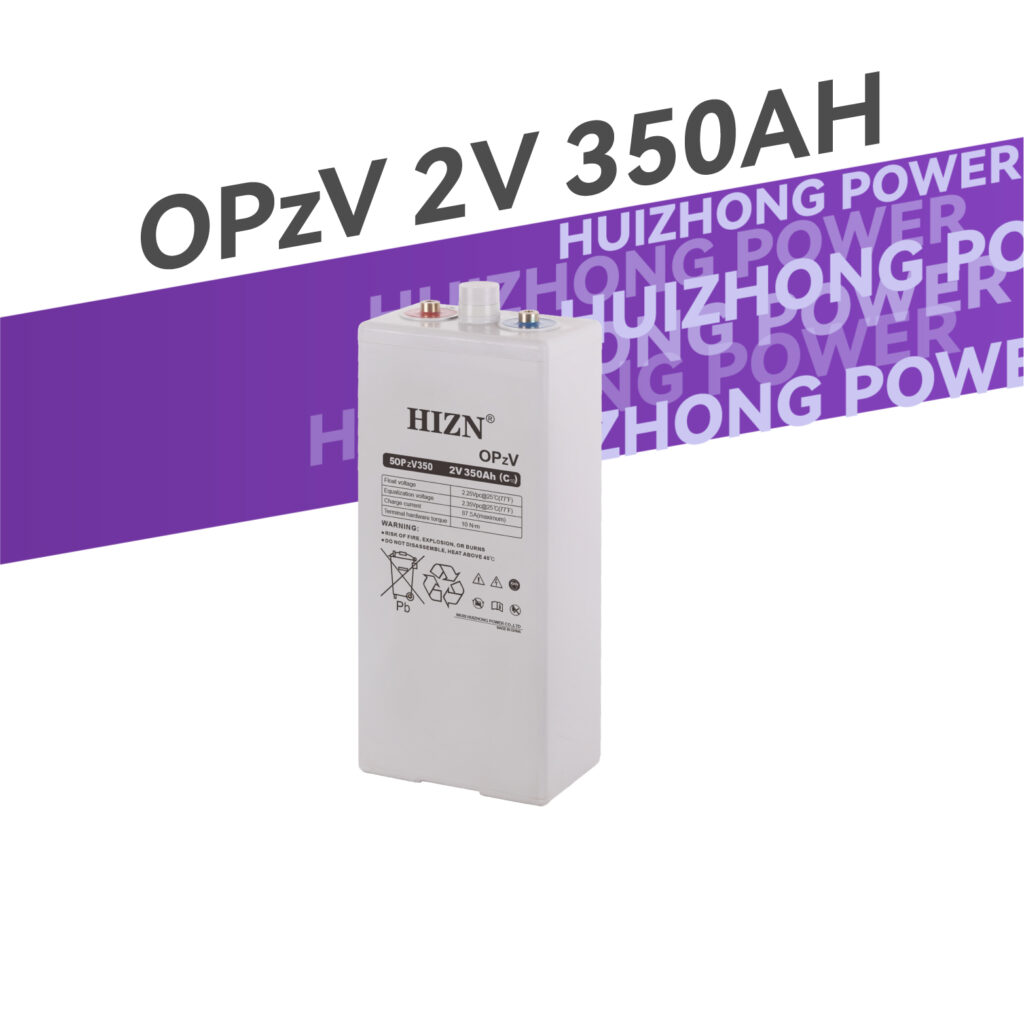OPzV batteries are a type of sealed, maintenance-free lead-acid battery that utilizes gel electrolyte technology. These batteries are highly regarded for their durability, long service life, and superior deep-cycle capabilities. OPzV stands for “O” – Orgel (German for gel), “Pz” – Panzerplatte (for tubular plate), and “V” – Verschlossen (sealed), indicating their robust construction and design.
How OPzV Batteries Work
The technology behind OPzV batteries is based on the combination of lead-acid chemistry with gel electrolyte. The gel is created by mixing sulfuric acid with silica, resulting in a thick paste that immobilizes the electrolyte, preventing spillage and leakage. This configuration ensures that the battery operates efficiently in various orientations without the need for water refilling, making it maintenance-free.
Key Features
- Long Service Life: OPzV batteries are designed to last up to 20 years under normal float-charge conditions, making them an ideal solution for applications requiring long-term reliability.
- Deep-Cycle Capability: These batteries are well-suited for deep-cycle operations, meaning they can be discharged to a large portion of their capacity and still be recharged multiple times without significant degradation.
- High Safety: The gel electrolyte prevents acid stratification, reducing the risk of leakage and ensuring better performance in varying temperature ranges.
- Low Self-Discharge: OPzV batteries exhibit minimal self-discharge rates, retaining their charge for long periods, which makes them well-suited for standby and backup power applications.
Applications
OPzV batteries are used in various sectors, including renewable energy storage, telecommunications, industrial backup systems, and off-grid power solutions. They are particularly favored in critical infrastructure projects that require high reliability and minimal maintenance.


